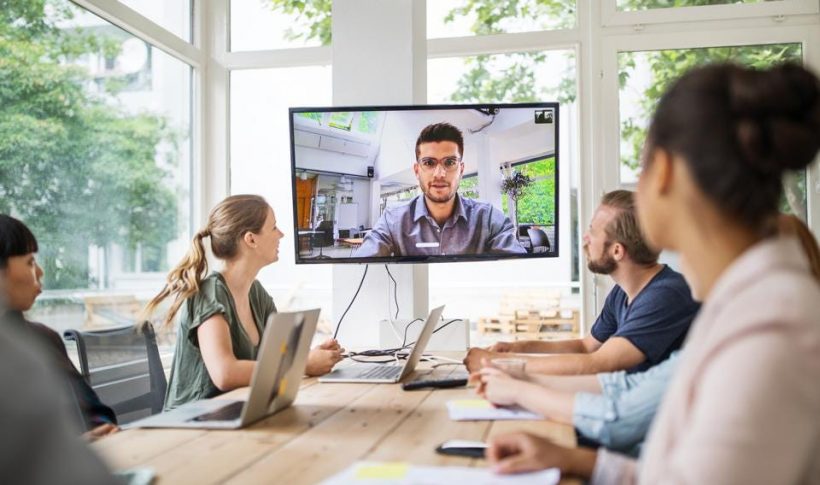In recent years, we have seen more and more diverse opinions from younger and older colleagues on hybrid work 👨👧. In fact, when it comes to politics & social values, the generation gap can be quite large and the point of views are often drastically different. Therefore, it is essential that employers take this issue seriously as opinions can vary from company to company.
Age 🎂 plays a role when it comes to the home vs. office debate. Age often correlates with how far an individual is on their career path. This influences their preferences and ability to make a success of hybrid working. Indeed, it has been determined that an older person in the workforce is generally more likely to hold a higher or more stable position, which equates to financial and employment security 🔒 and greater ease to reap the benefits of hybrid work.
However, other factors besides age come into play when it comes to hybrid work, including the different characteristics and personality types of people. For example, there are individuals of all ages who are more introverted and prefer to work from home more regularly 🏠 while others prefer to be in the office surrounded by colleagues 🏢.
Research done by Robert Walters Group Company in 2020 shows that a third of Gen Z professionals prefer to work remotely full-time, compared to Gen Y 15%, Gen X 11% and Baby boomers 12%, out of a total of 5,000 workers interviewed. Additionally, 30% of Gen Z and 21% of Gen X said that the maximum number of office days they could tolerate would be 2, while 29% of Baby Boomers prefer facing 3 days. Nevertheless, in European data technology and advertising companies, 90% of workers prefer some kind of hybrid model, attending physical work two or three days a week only, regardless of their age.
For many young people, especially those hired during the pandemic or those who are fresh out of college, remote work is considered the norm. However, this way of working does not go far enough to help young professionals acquire the interpersonal and general skills acquired by working face to face 👥. Businesses shouldn’t underestimate the power of silent observation at work, where younger generations learn from in-person interactions and observations. The work requires a high level of collaboration and, without a doubt, brainstorming and face-to-face meetings are very valuable, especially in fostering and maintaining a positive company culture 👨👨👧👧.
Regardless of all research being done on the topic, the debate around modern working practices is still unclear; ultimately because humans are unique, complicated, and have individual needs. Employers will have to find the right balance ⚖️ because it is clear that there is no right or wrong answer on the matter.


